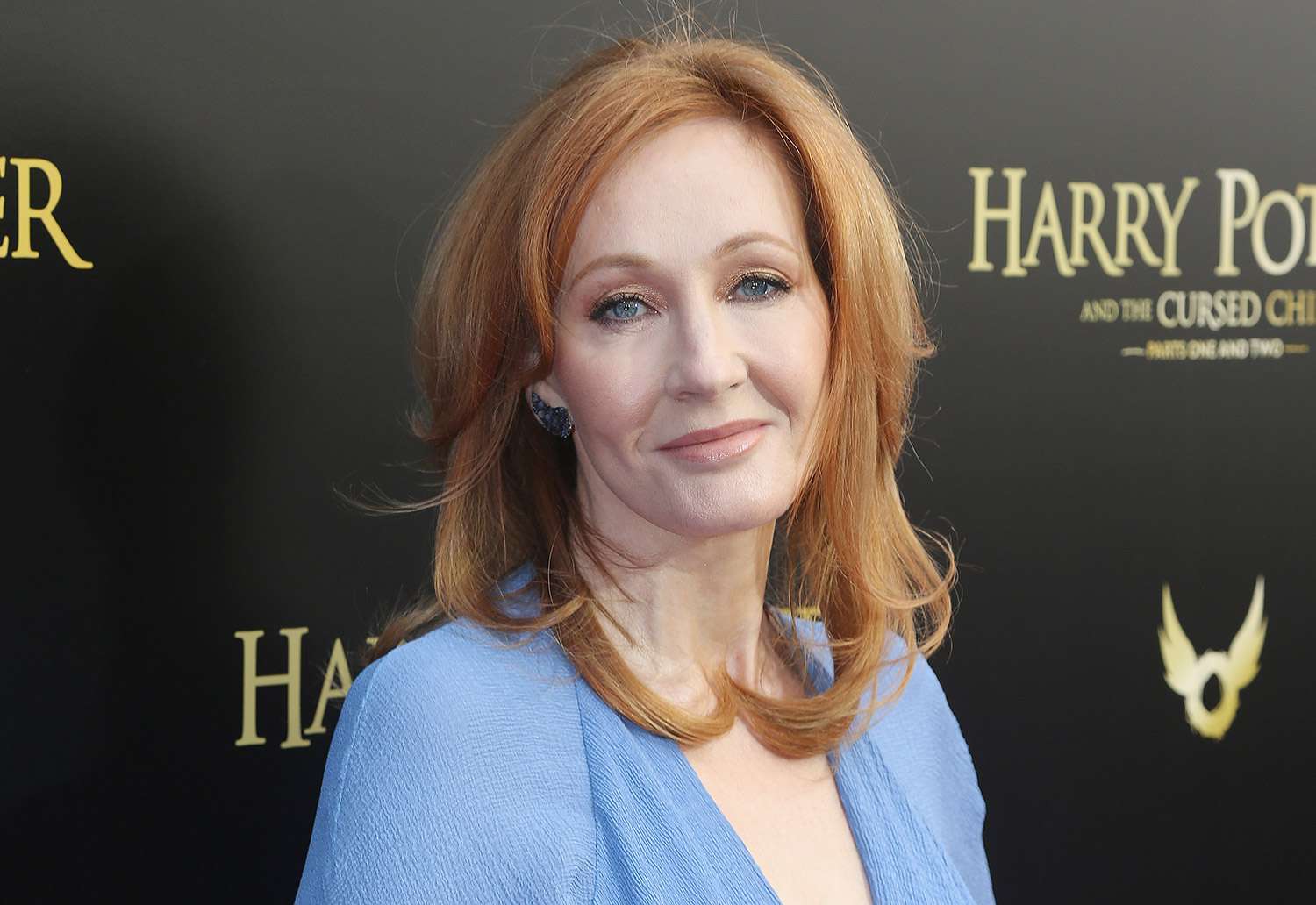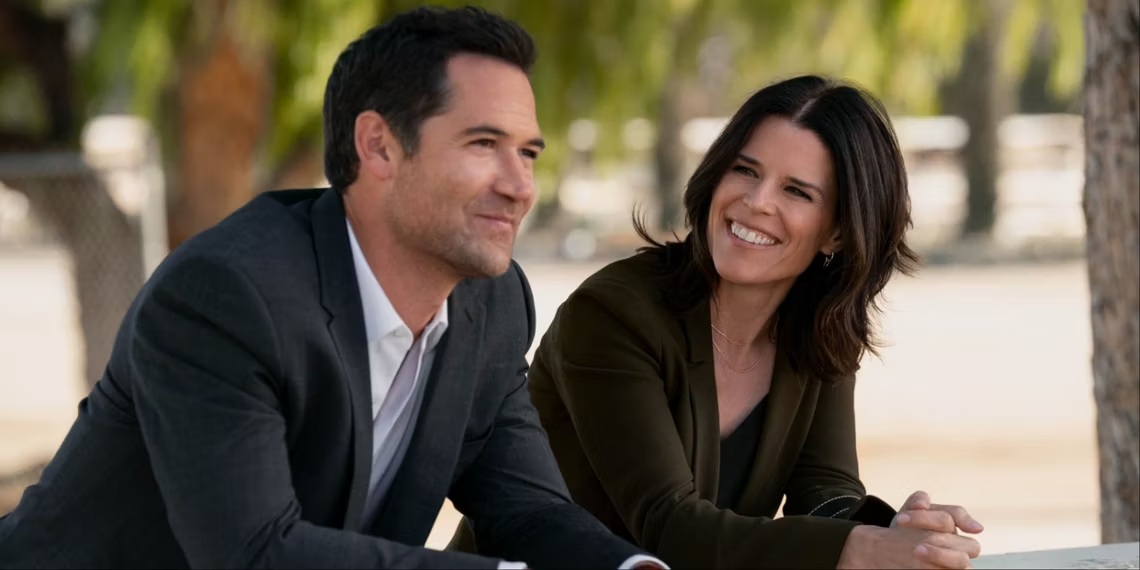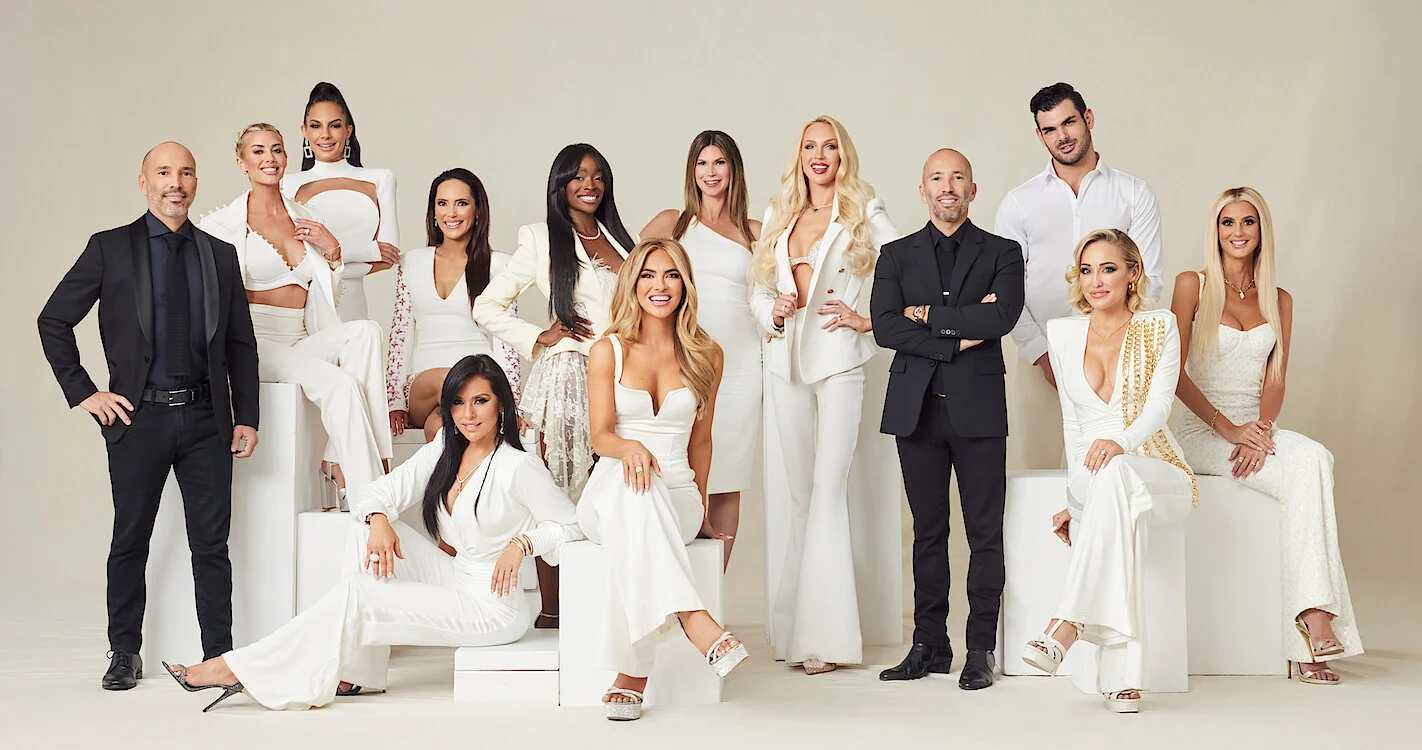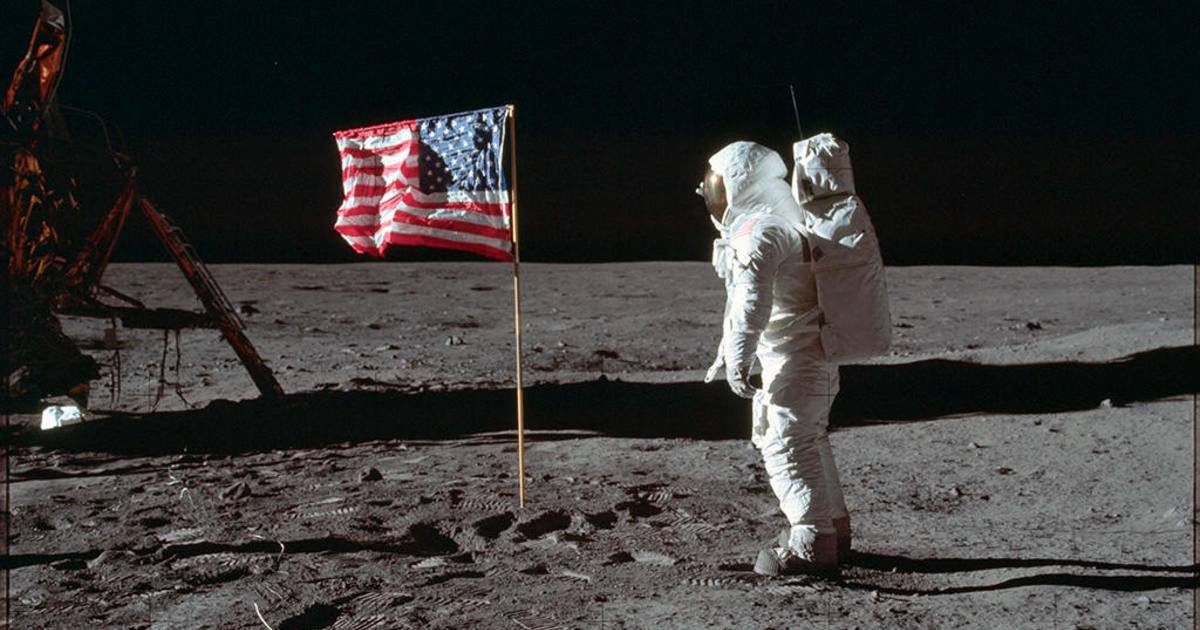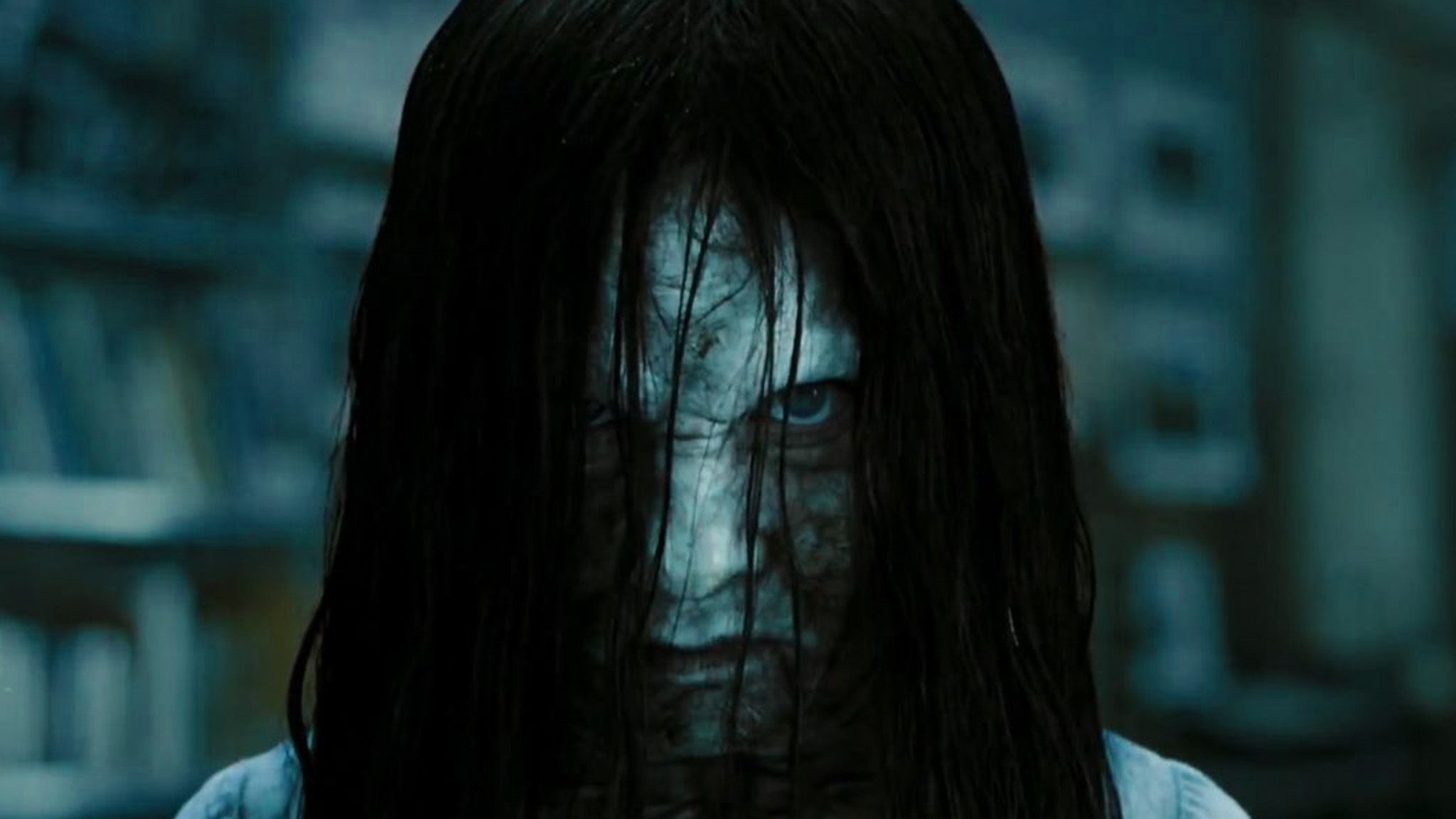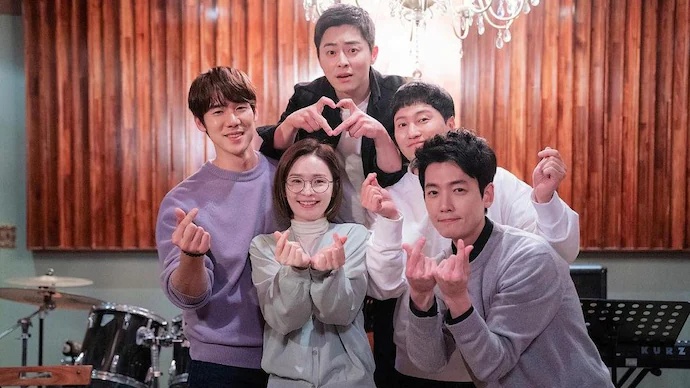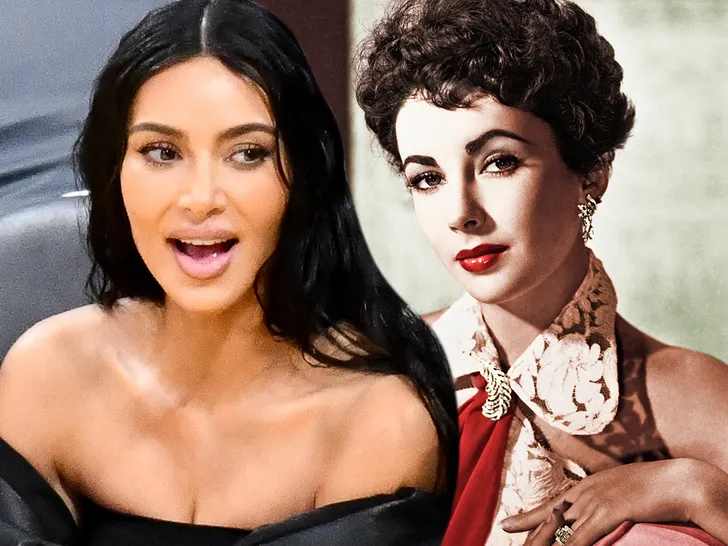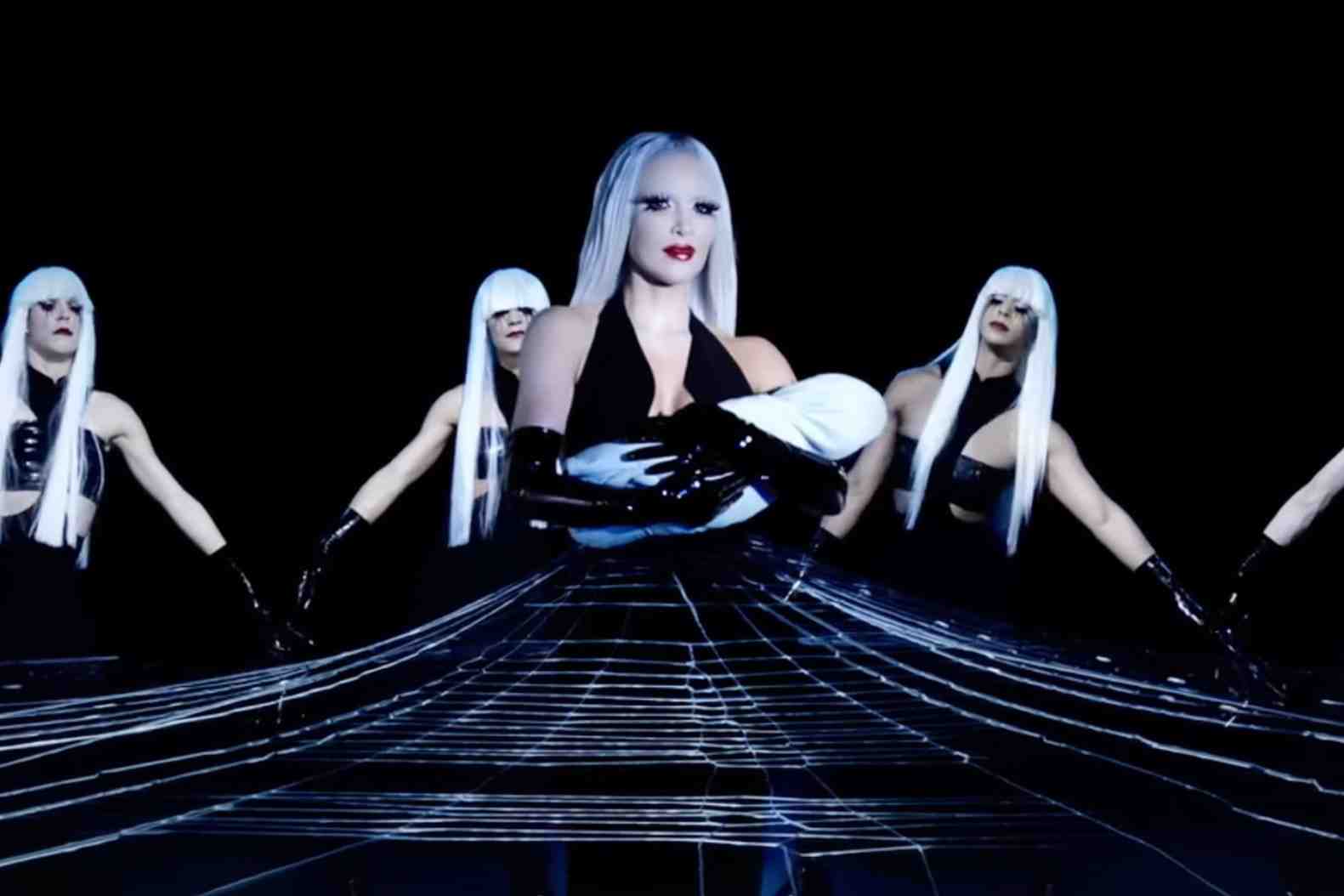J.K. Rowling Says She Would “Happily” Go To Prison For Her Transphobic Remarks Or Views
Renowned author J.K. Rowling, best known for her Harry Potter series, has garnered significant attention and controversy due to her views on transgender issues. Rowling’s comments and recent declaration that she would “happily” go to prison for her beliefs have sparked intense debates, highlighting the intersection of freedom of speech, gender identity, and public figures’ role in shaping public opinion.
J.K. Rowling has long been criticized for her stance on transgender individuals, which many have labeled as transphobic. Her viewpoints revolve around the following key arguments:
Importance of Biological Sex: Rowling asserts the importance of biological sex and has expressed concerns about the potential impact of transgender rights on women’s rights. She believes that acknowledging biological sex is crucial and that transgender rights may compromise women’s rights.
Misgendering and Offensive Language: Critics accuse Rowling of misgendering transgender individuals and using language that is offensive and harmful to the transgender community. She has been observed using derogatory terms and perpetuating harmful stereotypes.
In response to reports suggesting that a Labour government in Britain might criminalize gender identity attacks, potentially leading to prison sentences for those who refuse to use a transgender person’s preferred pronouns, J.K. Rowling made a provocative statement. She declared that she would willingly go to prison rather than be compelled to use language that, in her view, denies the reality and importance of biological sex.
This statement was accompanied by humor, as she mentioned the prospect of going to court being “more fun than I’ve ever had on a red carpet.” Reactions to Rowling’s Statement J.K. Rowling’s recent declaration has triggered a multitude of reactions from various quarters of society.
These reactions can be broadly categorized into the following:
Criticism of Rowling’s Views: Many individuals and groups have criticized Rowling for her views on transgender people. They argue that her comments are transphobic and promote harmful stereotypes about the transgender community. They emphasize the importance of respecting gender identity and advocating for transgender rights.
Support for Free Speech: On the other side of the debate, some people have defended Rowling’s right to free speech. They assert that individuals should have the liberty to express their opinions, even if those opinions are controversial or unpopular. They view Rowling’s stance as an exercise of her freedom of expression.
Backlash from the Transgender Community: Rowling’s comments have faced strong opposition from the transgender community and its allies. They argue that her views undermine the rights and dignity of transgender individuals and defy expert guidance from healthcare associations. Prominent figures, including Daniel Radcliffe, who portrayed Harry Potter in the film series, have publicly disapproved of Rowling’s views.
The Impact of J.K. Rowling’s Controversy The controversy surrounding J.K. Rowling’s remarks has had far-reaching implications.
Let’s explore some of the consequences and effects of her statements:
Divisiveness and Heated Debate: Rowling’s comments have polarized public opinion. They have ignited heated debates about the intersection of free speech, gender identity, and women’s rights. The discourse surrounding her remarks has been intense and emotionally charged.
Influence on Public Perception: As a globally recognized author with an extensive following, Rowling’s statements carry weight and influence public perception. Her views have the potential to shape how many people perceive transgender individuals and the ongoing struggle for their rights.
Impact on Her Legacy: J.K. Rowling’s legacy as the creator of the beloved Harry Potter series has been significantly impacted. Her comments have led to a reevaluation of her work by some fans, who now question whether the themes of love, acceptance, and inclusivity in her books align with her personal beliefs.
Implications for Freedom of Speech: The controversy has raised fundamental questions about the boundaries of free speech. It prompts discussions about whether there should be limits on the expression of certain viewpoints, particularly when they are deemed harmful or discriminatory.
J.K. Rowling’s controversial remarks and her recent declaration that she would go to prison for her views on transgender issues have created a substantial and multifaceted discussion. Her stance on the importance of biological sex, her use of what many perceive as offensive language, and her opposition to compelled speech have all contributed to this ongoing debate.
Rowling’s comments, which have garnered both criticism and support, cannot be separated from the broader context of transgender rights and freedom of speech. The controversy has highlighted the power of public figures in shaping public opinion, the role of popular authors in society, and the impact of personal beliefs on one’s legacy.
The debate surrounding J.K. Rowling’s views on transgender issues is emblematic of the complex and evolving conversations surrounding identity, equality, and freedom of expression in the 21st century. As society grapples with these issues, the conversation continues, and the impact of Rowling’s remarks will be felt for years to come.
